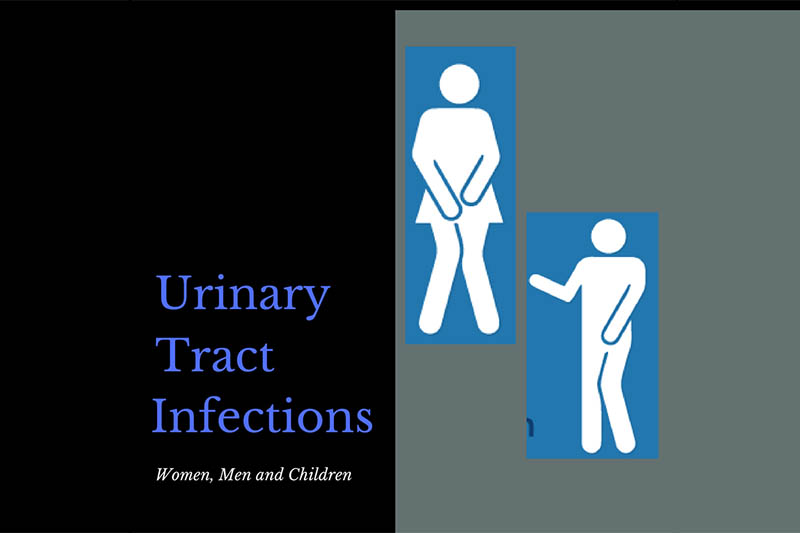
What are UTI’s? Urinary Tract Infections
Do you… Frequently or urgently need to urinate Often only pass small amounts of urine Have Pain or burning sensation when urinating These can be symptoms of urinary tract infections. There

Insomnia is a sleep disorder that prevents the affected individual from being able to sleep, fall asleep, and/or, stay asleep.
Over one-third of people experience insomnia, but often, less than 5% of these people actually require treatment. This condition can occur at any age, but it is most common among the elderly.
There are two types of insomnia:
Primary insomnia occurs when the individual is having sleep difficulties that are not related to any medical conditions. This is often known as ‘acute insomnia’ and will often be caused by: significant stress (job loss, divorce etc), emotional or physical discomfort, environmental factors (such as light, noise, temperatures etc), some medications, and interferences in usual sleep patterns (such as jet lag, change in shifts from day to night etc).
Secondary insomnia relates to the lack of an individual’s ability to sleep due to other external factors such as medical problems, pain, medications, or substance abuse (for example, alcohol). This type of insomnia generally lasts longer and is often called ‘chronic insomnia’. This condition becomes ‘chronic’ when the individual has insomnia for at least three nights a week for over a month.
Causes of chronic insomnia are: medical conditions (such as asthma, depression, anxiety, arthritis, or cancer), chronic stress, substance abuse, chronic pain, or medications.
Download the Insomnia Factsheet for more information

Do you… Frequently or urgently need to urinate Often only pass small amounts of urine Have Pain or burning sensation when urinating These can be symptoms of urinary tract infections. There
Disclaimer – Our intent is not to diagnosis but to offer information on therapy choices and practitioners. Information on this site is intended general educational purposes only. Any statements made are carefully referenced and any information, products or services discussed are not intended to diagnose, cure, treat or prevent any disease or illness. Please consult a healthcare practitioner before making a choice.